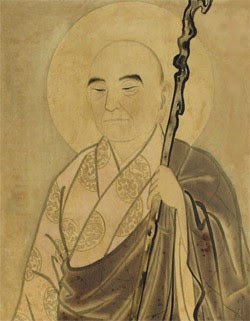"Come On Up for The Rising"
"I left my house this morning. Bells ringing filled the air." (from "The Rising," by Bruce Springsteen) This lyric hits me deep, son. Bruce Springsteen’s record The Rising and the song of the same name came out in 2002, less than a year after 9/11. The record was one of those rare records that offered catharsis to the culture from which it sprung. The whole record was a venture in pastoral care, really, what dad does for a living. In the record, Bruce plays minister to a people, the American people, giving us music that lays out all the emotions Americans were experiencing in the wake of 9/11. Bruce sat with us, mirrored out words and thoughts, felt the pain and horror, anger and fear with us. Yet at the same time he rose above it and reached passed the emptiness into the fullness of love, compassion, and its healing. We were new to New York City in September 2001, your mom and dad were. I actually began seminary on September Eleventh . Mom happened to b...

